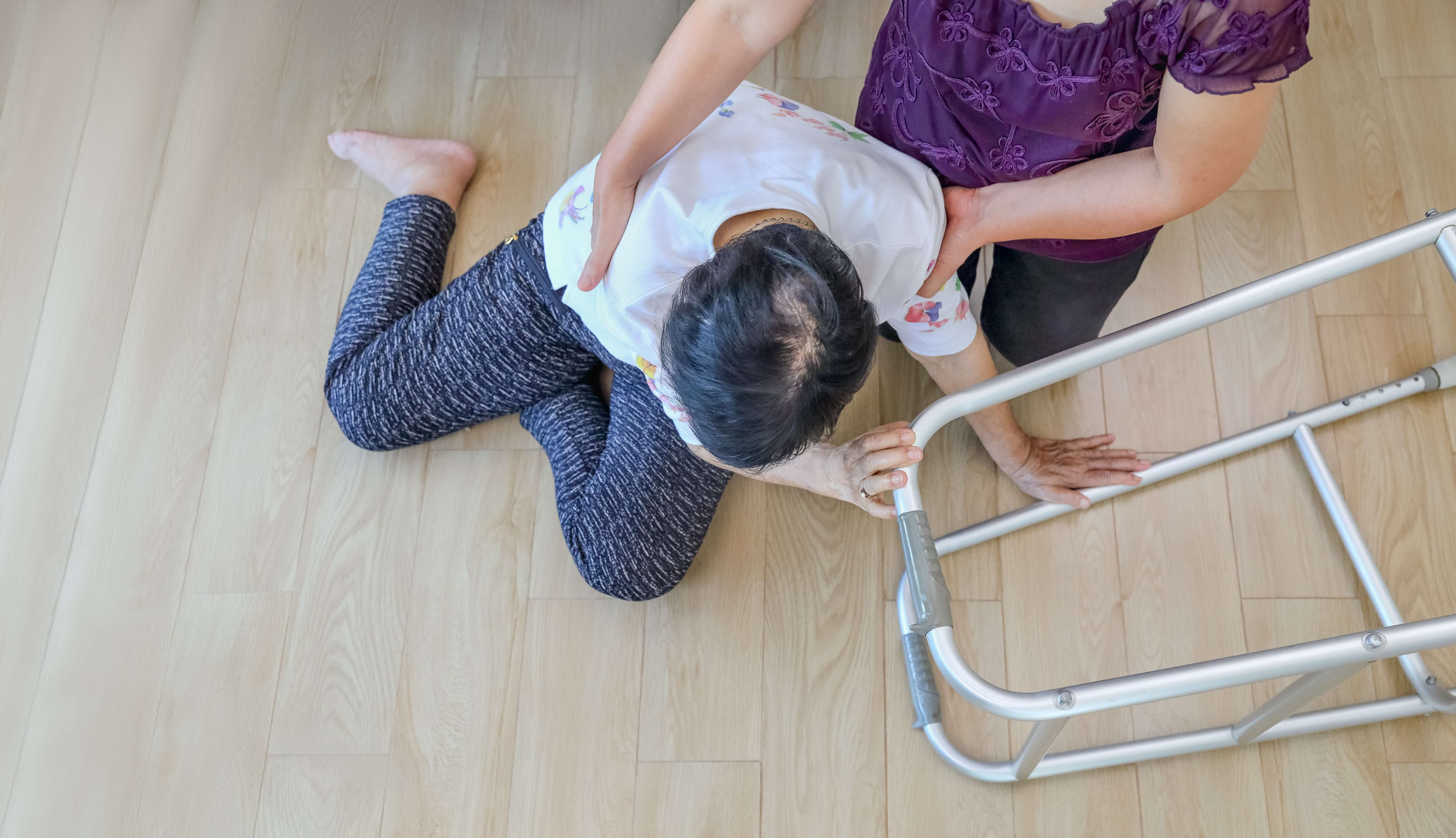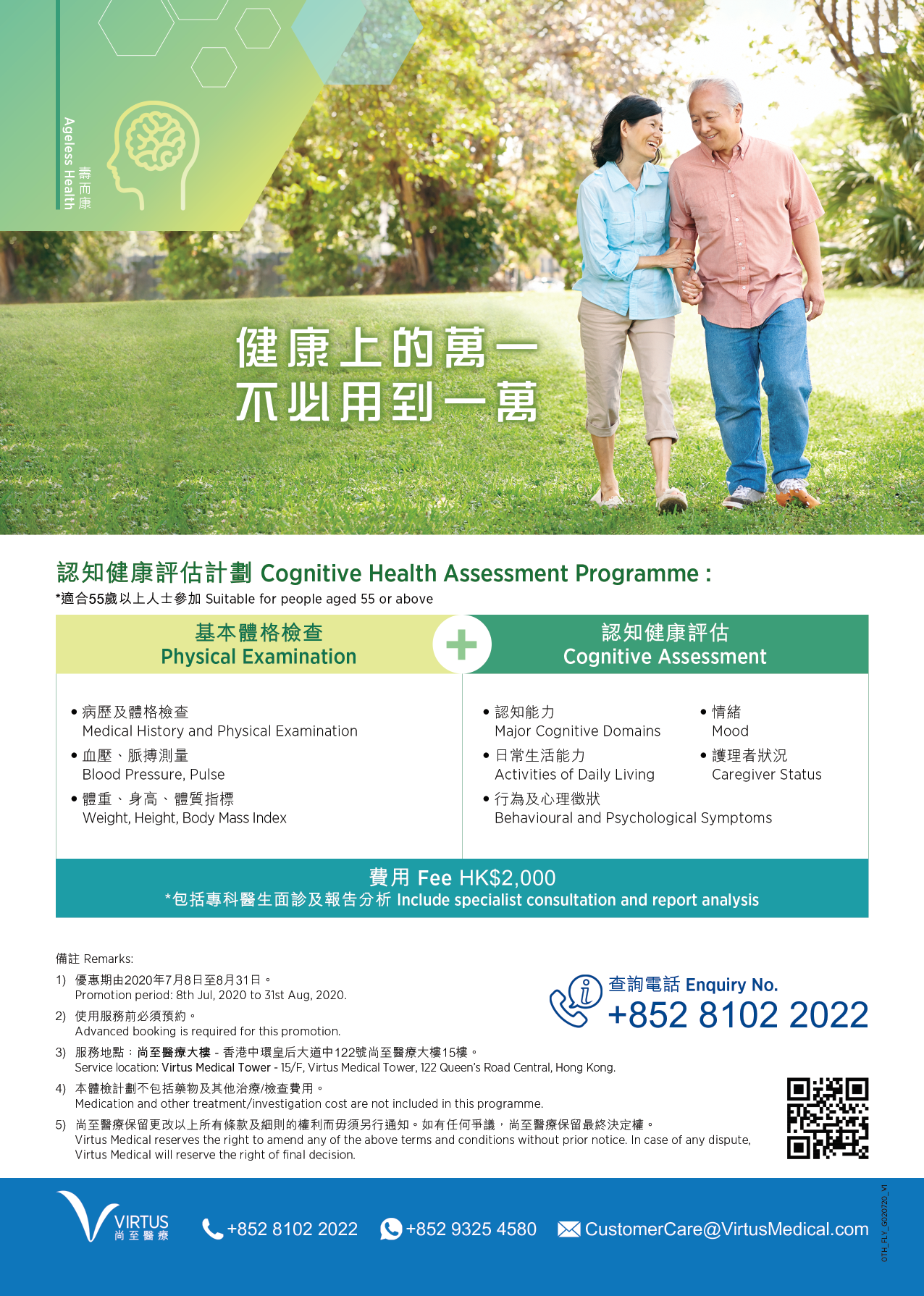Geriatric Medicine
Geriatric medicine is a sub-specialty under the specialty of internal medicine. It specifically targets and promotes the health of the elderly, helps prevent and treat diseases of the elderly, and maintains and improves their quality of life. The elders here referred to do not have a specific age division, but instead depend on the needs of patients. For example, a 50-year-old dementia patient can also be taken care of by a geriatrician.
Geriatrics is different from adult internal medicine because it addresses the complex and unique needs of the elderly. There are significant differences between young and old in terms of their physiological reserves, capacity to cope with diseases, and ability to recover from illnesses. In addition, the elderly usually have more than one disease, and the clinical presentation is often atypical. They are also susceptible to complications from invasive examinations and side effects of drugs.
Cognitive impairment, eating problems, decreased mobility and self-care abilities, and social problems are common among the elderly. It is best to have a comprehensive assessment conducted by a geriatrician who then can coordinate a multidisciplinary team to follow up and provide overall care for elderly patients.

Examinations, Investigations and Treatments
Geriatric medicine specialists will conduct a comprehensive geriatric assessment including detailed history taking, appropriate physical examinations, and if necessary relevant laboratory and imaging tests to find out the cause(s) of the disease(s) and formulate treatment plans. In addition, in response to the fact that many elders may suffer from multiple diseases at the same time, geriatric specialists can help coordinate the treatment of the use of drugs for patients and formulate treatment priorities and rehabilitation programmes.
Problems, Diseases and Symptoms (best managed or comanaged by Geriatric medicine specialist)
“Geriatric giants”: Major symptoms or categories of impairment that appear in the elders
- Immobility or reduced mobility
- Instability or falls
- Urinary and/or bowel incontinence
- Impaired intellect or dementia
- Iatrogenesis or suspected drugrelated problems
- Frailty: Reduced physical strength or increasing weakness
- Sarcopenia: Loss of muscle resulting in weakness or fall

Specific Symptoms and Diseases
- Memory loss, dementia
- Stroke and related sequelae, including poststroke dementia
- Eating disorders, malnutrition, weight loss, tube feeding
- Walking difficulties, falls, movement disorders including Parkinson’s disease
- Osteoporosis and fragility fractures
- Pressure sores
- Metabolic disorders, including hypertension, high cholesterol, diabetes mellitus, gout and obesity

Specialty Services
- All elders with health concerns: They will be assessed and offered with specific recommendations for prevention, maintenance, disease management and care planning depending on their level of independence.
- Multiple medical problems worth integrated and holistic care.
- Inpatient care: Collaborate with other specialists to overlook and support medical needs during management of e.g. fracture hip (ortho-geriatrics), stroke or other neurological disorders (neuro-geriatrics), cancers (onco-geriatrics), psychiatric illnesses, etc. in hospitals.
Contact Us
| +852 8102 2022 | |
| CustomerCare@VirtusMedical.com | |
| 15/F, Virtus Medical Tower, 122 Queen's Road Central, Hong Kong 11/F, H Zentre, 15 Middle Road, Tsim Sha Tsui, Kowloon |



